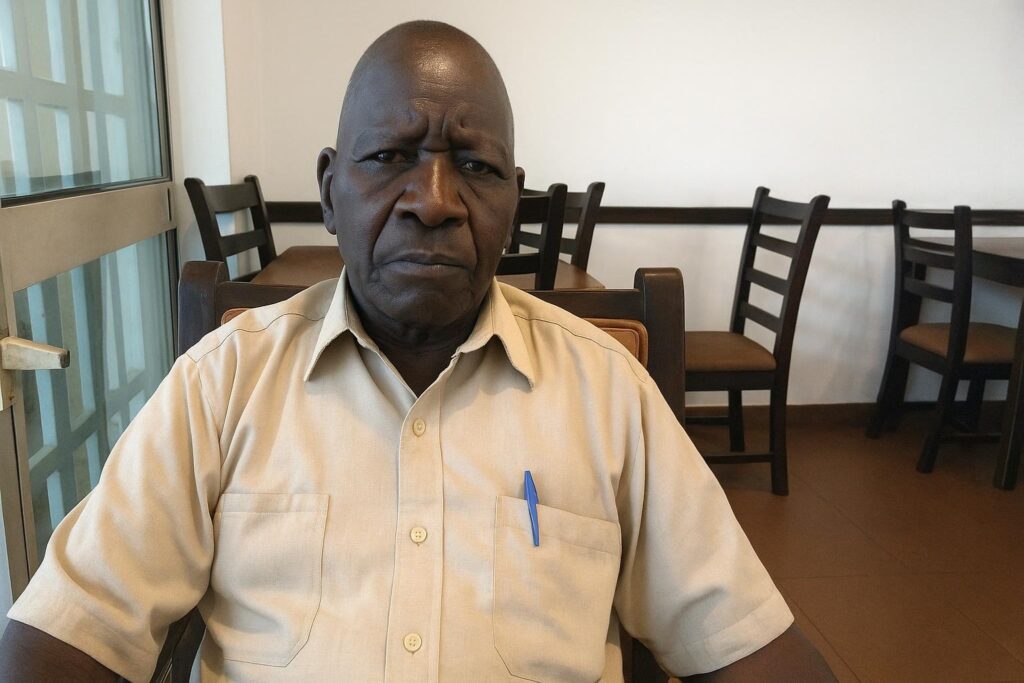Roots of the Tonj Dispute
Political tension engulfed the Tonj community in Juba after its graduates’ union publicly withdrew confidence in community chairperson Andrew Kuac Mayol.
The rare rebuke followed Mayol’s criticism of veteran politician Nhial Deng Nhial for pausing his SPLM membership and founding the South Sudan Salvation Movement, remarks some members deemed partisan.
Graduates’ Union Statement
In a document titled “Clarification and Withdrawal of Confidence,” the graduates accused Mayol of abusing office, breaching trust, and politicising a cultural association.
They argued that the community must remain neutral and that no leader can condemn members for exercising constitutional freedoms of political association.
Chairperson’s Defense
Mayol rejected the allegations, insisting his statement aimed to clarify, not coerce, and that critics misread his intent.
He maintains that engaging public debate is within his mandate as overall chairperson, but concedes that future pronouncements should better reflect collective consultations.
Impact on Diaspora Politics
The incident has rippled through Juba’s Tonj diaspora, with some observers likening the fallout to a micro-parliament and others joking about opening an electoral commission.
Supporters of Nhial emphasise that his new movement is personal, not a community project, distancing Tonj from partisan labels and quelling speculation.
Path Forward for Tonj Unity
The graduates demand Mayol’s impeachment and call for an interim body to steer reconciliation, while elders quietly explore mediation behind the scenes.
Whether Tonj’s leadership reforms or fragments, the episode underscores how South Sudan’s emerging civic spaces wrestle with balancing cultural solidarity and political pluralism.


